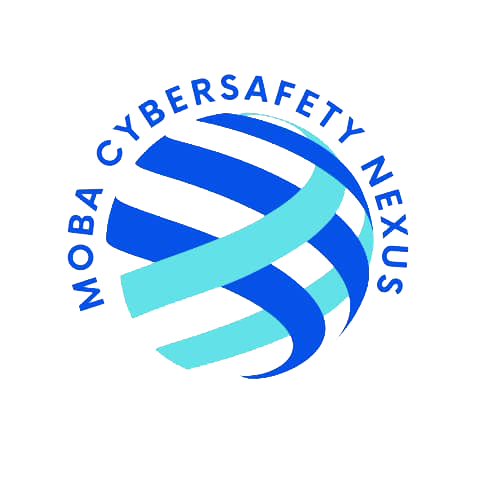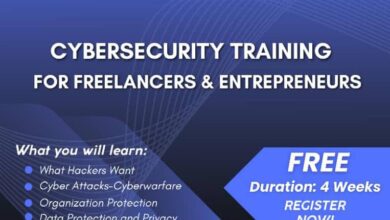Cybersecurity Myths: Debunking Common Misconceptions

As we navigate an increasingly digital world, the importance of cybersecurity cannot be overstated. From protecting our personal data to safeguarding corporate networks, cybersecurity touches every aspect of our lives. Yet, despite its significance, many misconceptions persist. These myths often prevent individuals and businesses from taking the right steps to protect themselves. Let’s explore and debunk some of the most common cybersecurity myths.
Myth 1: Cybersecurity is Only for Tech Experts
One of the biggest misconceptions is that cybersecurity is solely the responsibility of IT professionals. While tech experts play a crucial role, everyone has a part to play in protecting information. Simple actions like using strong passwords, avoiding suspicious links, and updating software regularly can greatly reduce the risk of cyberattacks. Cybersecurity is a shared responsibility, and even non-tech individuals must adopt safe online practices.
Myth 2: Small Businesses Aren’t Targeted by Cybercriminals
Many small business owners believe they aren’t large or significant enough to be targeted by cybercriminals. This couldn’t be further from the truth. In fact, smaller organizations are often seen as easy targets due to weaker defenses. Cybercriminals look for vulnerabilities, not company size. Small businesses need to invest in basic cybersecurity measures like firewalls, encryption, and employee training to prevent attacks.
Myth 3: Strong Passwords Are Enough to Keep You Safe
While strong passwords are essential, they are not the only line of defense. Passwords can be compromised, especially in the event of a data breach. Two-factor authentication (2FA) adds an extra layer of security by requiring a second form of verification, such as a code sent to your phone. This step is critical in preventing unauthorized access even if your password is stolen.
Myth 4: I Don’t Have Anything Worth Hacking
Many people believe they’re not valuable targets for cyberattacks because they don’t have sensitive data. However, everyone has something of value—whether it’s personal identity information, financial records, or even social media accounts. Cybercriminals can exploit this information for identity theft, financial fraud, or even to impersonate you in social engineering attacks. Everyone has data worth protecting.
Myth 5: Antivirus Software Alone Will Keep Me Safe
Although antivirus software is important, relying on it alone is a dangerous strategy. Cybercriminals use sophisticated methods that go beyond viruses, including phishing, ransomware, and social engineering attacks. The best defense is a multi-layered approach that includes secure passwords, regular software updates, network security, and ongoing education about emerging threats.
Myth 6: Cyber Threats Come Exclusively from Outside the Organization
Many businesses assume that cyber threats only come from external hackers, but insider threats can be just as damaging. Employees, whether malicious or negligent, can cause data breaches by mismanaging sensitive information or falling victim to phishing attacks. Implementing strong access controls, monitoring systems, and training employees on security protocols are essential to mitigating internal risks.
Myth 7: Once I’m Hacked, There’s Nothing I Can Do
This fatalistic view can be especially harmful. If you suspect a breach, quick action can mitigate damage. From changing passwords to reporting the breach to authorities, responding swiftly is critical. Many companies also offer resources like fraud monitoring and credit freezes that can help individuals recover from identity theft.
Conclusion
Cybersecurity is often misunderstood, and these misconceptions can create vulnerabilities for both individuals and businesses. By debunking these myths, we hope to raise awareness and encourage proactive cybersecurity practices. Remember, cybersecurity isn’t just a technical issue—it’s something that impacts all of us. Everyone has a role to play in creating a safer digital environment.
























